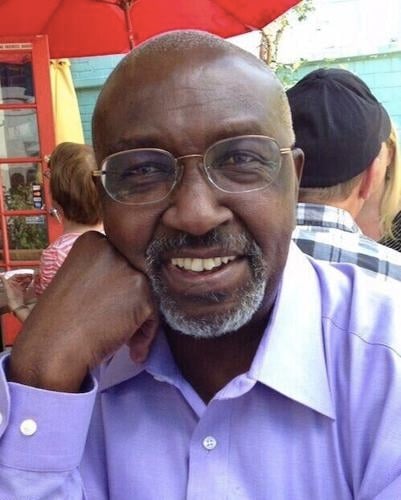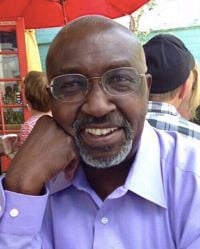A physician friend’s verdict on the University of Colorado Hospital was that it was the “most siloed” institution in Colorado. As a graduate of UCH, I expected a more favorable assessment of his alma mater. Sadly silos maybe great for grain, but not for institutions of higher learning — hospitals and health-care centers. We don’t of course think of how an institution is run, or functions, until we need its services.
Over the last few years such a need has arisen for my family. Half a dozen specialists in two cities have seen a family member with an autoimmune-like condition, without a satisfactory diagnosis, definitive therapy or ways of managing her symptoms. After all that, we felt that UCH with its many sub-specialities, might be our salvation.
It’s an interesting medical conundrum: many specialists loath talking to each other about findings in their mutual patients. It’s happened to us. All her treating doctors refused to discuss her with each other. At last and at our suggestion a call to UCH specialists was made. But here again, we made no headway. As a physician I find my colleagues’ reluctance to talk to others unsatisfactory and repugnant. It’s painful to watch our child’s condition deteriorate. And if it’s this hard for me who spent decades in the health-care maze, it must be hell for the uninitiated.
With these confusing and jarring opinions of unwilling healers on opposite shores, I set out to consult a few medical friends. A retired UCH professor helped devise a strategy — get a UCH primary care doc, and pray you’re seen in multi-specialty clinics. Another, despite his training at and referring patients to UCH, had a caustic opinion: UCH was the best example of a siloed institution where no one talked to nor sought others’ opinions. He suggested we consider Mayo Clinic, with its famed multidisciplinary approach and reliable diagnoses.
But here is my question: If UCH purports to be a referral center, how hard is it to copy or improve upon what Mayo does? UCH with its brilliant specialists only lacks the desire or energy to consult each other when faced with difficult cases or diagnoses.
The best thing a patient can ever tell a physician is: “You’re the best doctor I’ve ever had.” I suppose doctors have been showered with such accolades at UCH. The second compliment is one from one’s close colleagues or community of outsiders. This last external group is often treated as an alien army by denizens of UCH’s Ivory Tower — which lacks inter-silo communications — compounded by no calls or acknowledgement by UCH specialists to referring doctors.
I have for a long time complained of “universities’ silo mentality,” that involves all disciplines and exists in most major US universities. It negates the great yield institutions with extensive communication reap. So much can be gained, so much learned, including inventions, when different disciplines cooperate.
A public institution has obligations it must fulfill. Even though UCH does a good job treating its patients, I would urge the great institution to bring more imagination to its workings. As its clinics proliferate across Colorado, great care should be taken that the far flung extensions of the center are not forgotten or ignored. UCH must endeavor at being an excellent referral center; a source of knowledge and help in managing sick Coloradans.
Frankly speaking, it makes no sense to be advised to go to the Mayo Clinic when this new, shiny, expensive institution stands next door. The men and women who run UCH must learn what the Mayo magic is; what makes it what it is. Additionally, there are other examples around the country — Johns Hopkins and Sloan Kettering Memorial in New York come to mind. They’re more accessible and friendly. Our National Jewish Health has a similar mold and a Mayo-like practice. Albeit rather limited, NJH’s ideas and philosophy are spot on.
UCH specialists do a terrific job treating and researching ordinary pathologies. The one extraordinary pathology they should tackle is: how to communicate with each other within the confines of the institution, and the larger physician community of Colorado. A way must be found for the larger physician community to access knowledge and specialists’ attention.
In Matthew 5:15 it is said: “Neither do men light a candle and put it under a bushel, but on a candlestick.” To light the world of medicine, UCH physicians need to let their light shine on all of us.
Pius Kamau, M.D., a retired general surgeon, is president of the Aurora-based Africa America Higher Education Partnerships; co-founder of the Africa Enterprise Group and an activist for minority students’ STEM education. He is a National Public Radio commentator, a Huffington Post blogger, a past columnist for Denver dailies and is featured on the podcast, “Never Again.”






 Your Privacy Choices
Your Privacy Choices